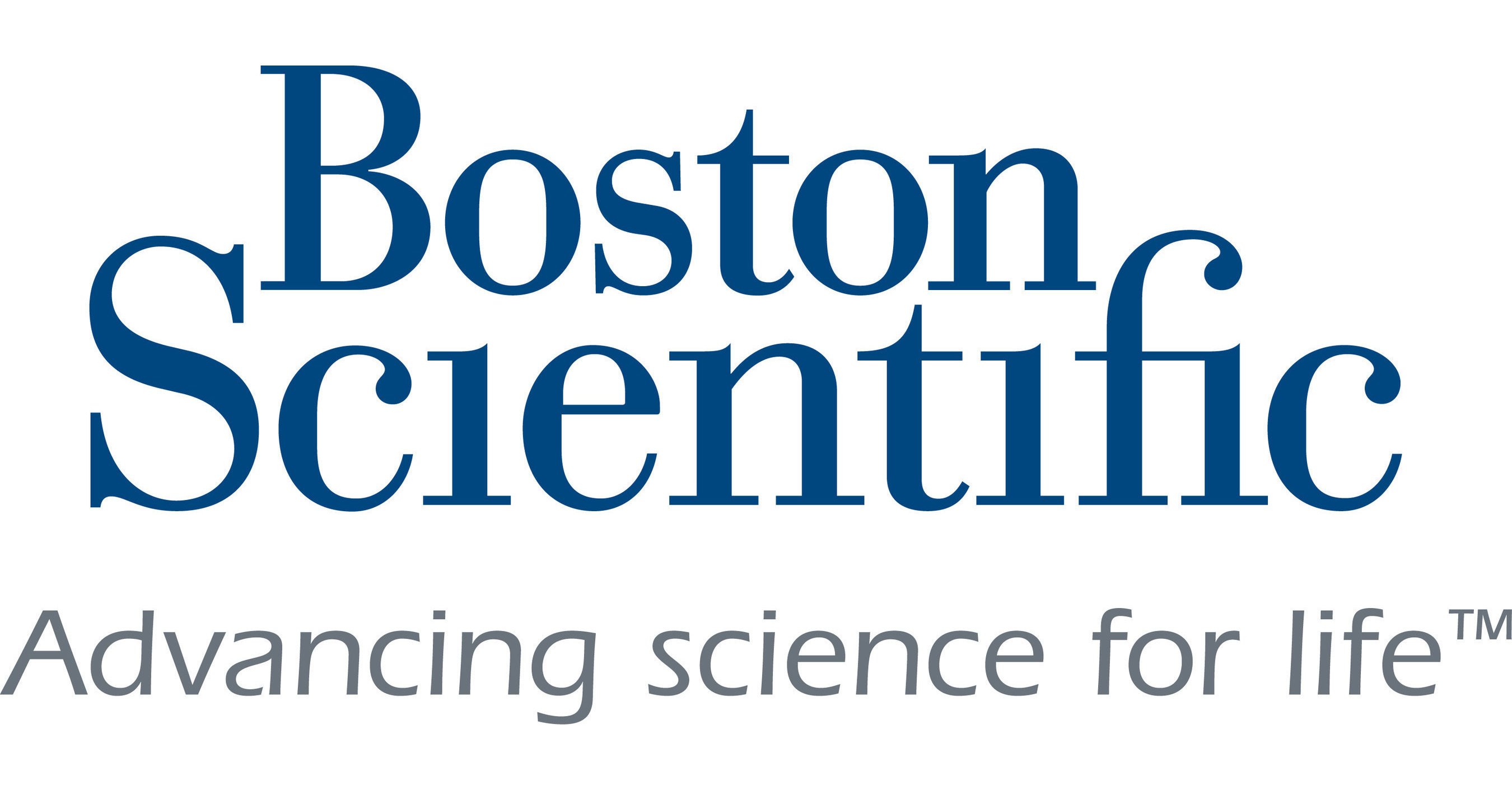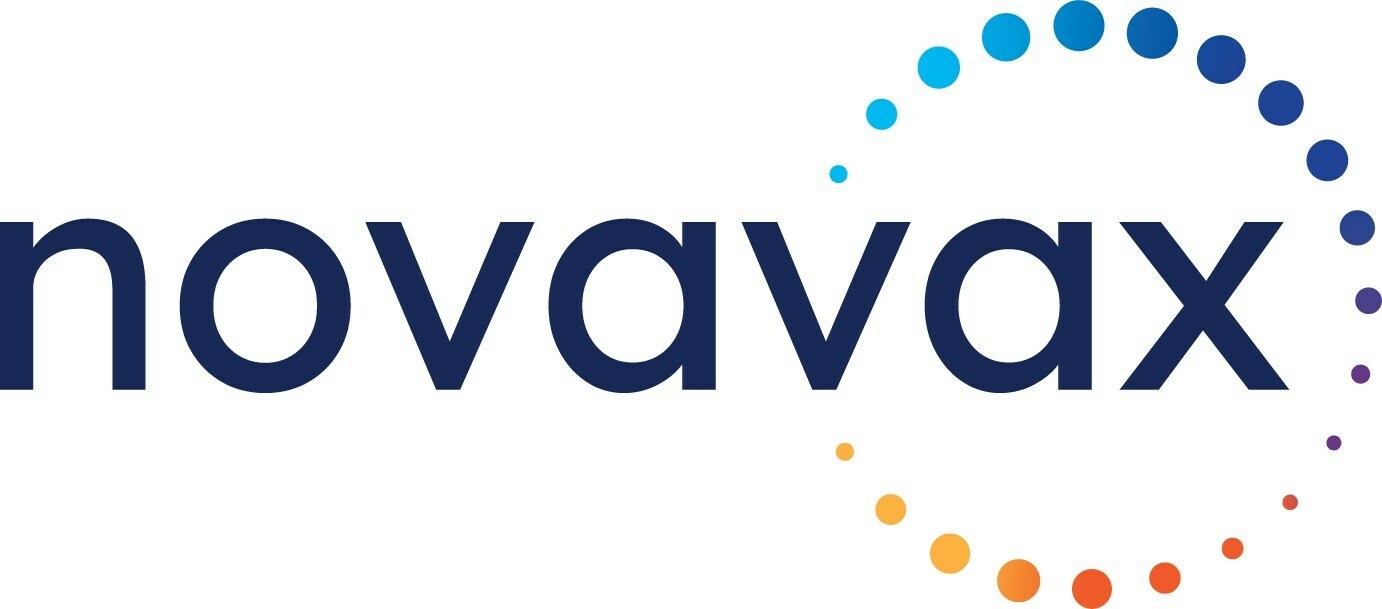Welcome to this week’s issue of The Week in Medicine – a round-up of all the happenings in the world of Irish medicine The Mater Hospital Foundation has received a pledge of a €2 million gift to enhance and expand the Mater Public Hospital’s Coronary Care Unit (CCU). The pledge was made by Barbara and Eric Kinsella – the latter being founder of Esprit Investments, one of Ireland’s most active private investment and development companies. The development of the Mater’s existing CCU, which is currently a 12-bed unit, will increase capacity, provide expert cardiac care, minimise infection control risks, and offer spacious, modern rooms for patients and their families.
As part of this commitment to enhancing cardiac care, the Coronary Care Unit will include the prestigious Kinsella Cardiology Recovery Suite, designed to set a new standard for patient recovery at the Mater. Dr Leslie O’Looney, as envisaged by AI This state-of-the-art facility will feature a five-bedded recovery unit and a thoughtfully-designed Family Room, ensuring comfort and care for both patients and their loved ones. A dedicated link corridor will seamlessly connect the CATH Labs to the recovery suite, revolutionising the patient journey.

Remarkably, this marks a historic first for the Mater — establishing a specialised recovery area exclusively for cardiology patients. “Barbara and I feel privileged to give back to the Mater Hospital, a place that holds deep personal significance for us. Having experienced first-hand the exceptional care provided by Prof Jim O’Neill and his team, we hope this gift will improve patient outcomes and support the dedicated medical teams who work tirelessly to save lives every day,” said Mr.
Kinsella. This ambitious project, made possible through HSE funding and Eric and Barbara Kinsella’s generous philanthropic support, signifies a major step forward in ensuring continued access to world-class cardiology care for all Mater heart patients who need it. It is expected this new Unit will be open toward the end of 2026.
*************** The Irish Association for Counselling and Psychotherapy honoured former Cathaoirleach Bernie Hackett of Gorey, County Wexford with the prestigious Carl Berkeley Memorial Award for her life-long impactful contributions to the counselling and psychotherapy professions. The national award recognises a member of the IACP who has made exceptional contributions to the development of the counselling and psychotherapy field by creating or influencing projects or development work at the local and/or national level. Bernie Hackett speakimg after having received the prestigious Carl Berkeley Memorial Award for her life-long impactful contributions to the counselling and psychotherapy profession from the Irish Association for Counselling and Psychotherapy (IACP) Ms Hackett has been an active member of the IACP since 1991 and made significant contributions to the organization, initially serving on the Complaints Committee, before taking on the role of Chair of that Committee.
She also served on the Board of the IACP, ultimately being elected to the position of Cathaoirleach in 2020. Her unwavering dedication and commitment to her roles have consistently demonstrated professionalism, resulting in impressive outcomes. Furthermore, she has served as a highly positive and influential representative of the IACP.
The annual awards ceremony was held at the IACP’s 10th Annual Conference on April 12 at the Maryborough Hotel, Cork. *************** It will be interesting to see ultimately where the alcohol labelling issue ends up. The evidence shows that even 1-2 drinks per day carries increased cancer risk with around 1,000 alcohol related cancers diagnosed annually in Ireland , while Ireland has the third highest level of Foetal Alcohol Spectrum Disorder (FASD) in the world.
Liver disease rates have also steadily increased over the past 20 years. And the leader of the government is none other than the instigator of the smoking ban, Micheal Martin, who will be recognised for that historical achievement perhaps more than anything else in his career, a reputation that would be severely tarnished now if he’s willing to tolerate any pull back on alcohol warnings. Will Martin be open to lobbying from the drinks sector to limit or even drop the proposed warnings on alcohol? We have a very indulgent view of alcohol consumption and drunkenness in Ireland and are sometimes unaware of how big a problem it is.
Prof John Ryan , Consultant Hepatologist at Beaumont Hospital and Founding Director of the Irish Liver Foundation Charity, said: “I have had young people admitted under me each day this week with alcohol withdrawal seizures or harm. Sometimes 2-3 per day.” Labelling will ensure consumers are told the truth that alcohol causes cancer and liver disease.
It will also give a visual warning for pregnant women not to consume alcohol, as well as outlining the number of grams of pure alcohol that are in the product and its energy content in kilojoules and calories. Details of the HSE’s website www.askaboutalcohol.
ie will also be displayed. It’s a minimum standard that the drinks companies should be ashamed to oppose, even privately. Martin, at this stage of his career, should have enough spine and desire to cement his place in history.
*************** One of the most frustrating things in Irish medicine is trying to refer young people to mental health services that aren’t there. Therefore, the programme that the ISPCC runs – which is available to everyone – is very welcome, if no substitute for HSE services. ISPCC provides three separate but complimentary Digital Mental Health and Wellbeing programmes, two of which are available to parents/carers of either anxious children or teens, while the third is aimed at teenagers experiencing low to moderate levels of anxiety.
These programmes are available to all, it isn’t necessary to be on a CAMHS waiting list to avail of them. Holiday periods and exam times are times of peak anxiety for many teens. The online programmes, which are all free, are based on the principles of Cognitive Behavioural Therapy, or CBT, and are created by SilverCloud – a leading digital mental health provider.
Supporting an Anxious Child and Supporting an Anxious Teen are programmes that will help users to understand anxiety and better support their child or young person. Space from Anxiety is aimed at 15–18-year-olds, and it is designed to empower young people who experience low to moderate anxiety. An adult can refer themselves or their child to the programmes.
The programmes include interactive tools, activities, mood monitors and journals to encourage users to apply CBT to their own lives. Users have 12 weeks in which to complete the programme under the guidance of a volunteer, known as a supporter, and can avail of an unsupported version of the programme for one year after this time. Dee Higgins, an ISPCC volunteer who works on its Digital Mental Health and Wellbeing programmes, believes that the programmes are empowering for users of all ages.
“It gives parents and young people a chance to deal with their anxieties before it becomes a huge issue,” she said, adding that “if parents can understand what their child is going through, that’s a huge step.” To find out more, go to https://www.ispcc.
ie/guided-digital-programmes/.
Health

LOL: April 29, 2025

Welcome to this week's issue of The Week in Medicine – a round-up of all the happenings in the world of Irish medicineThe post LOL: April 29, 2025 appeared first on Irish Medical Times.















